These are the 10 counties which lost the most population (by total number of people not percentage) between the 2010 and 2020 census.
#10 Kanawha County, WV
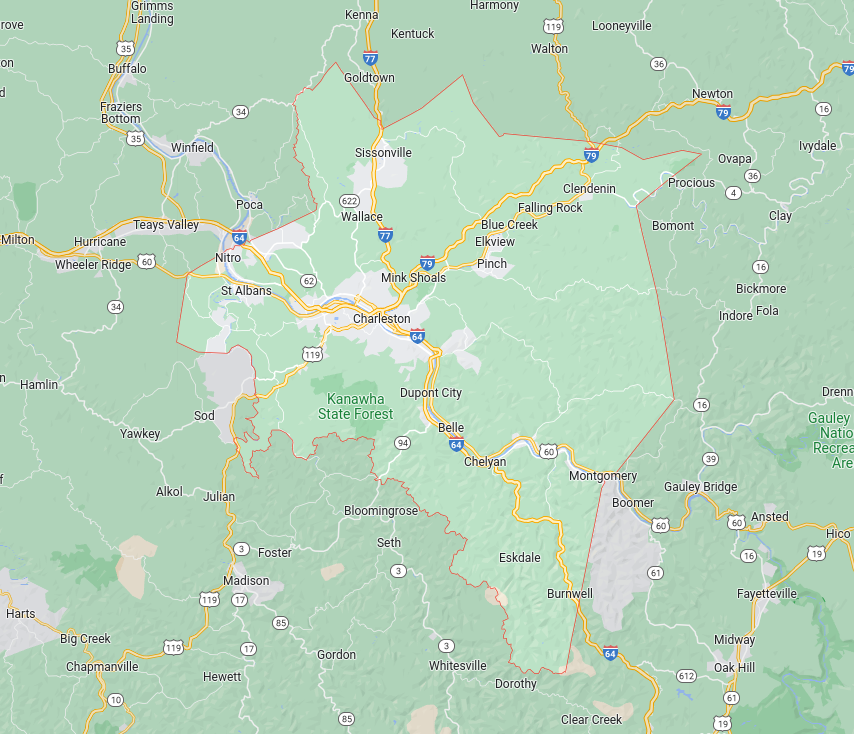
Kanawha is the most populous county in West Virginia, but it lost 12,318 people.
#9 St. Clair County, IL
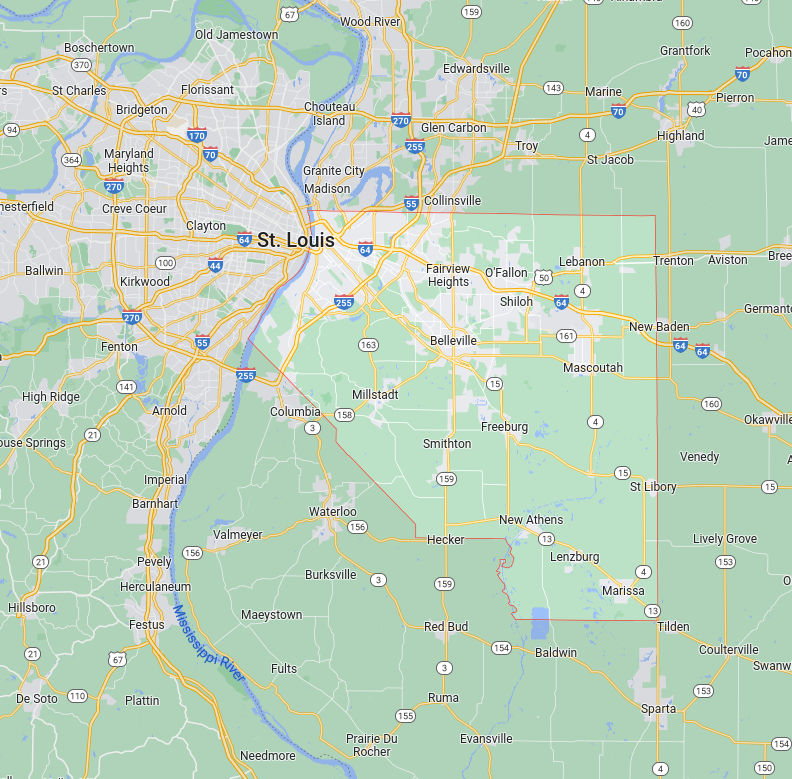
As the home county of East St. Louis, this high-crime county lost 12,656 people.
#8 Cuyahoga County, OH
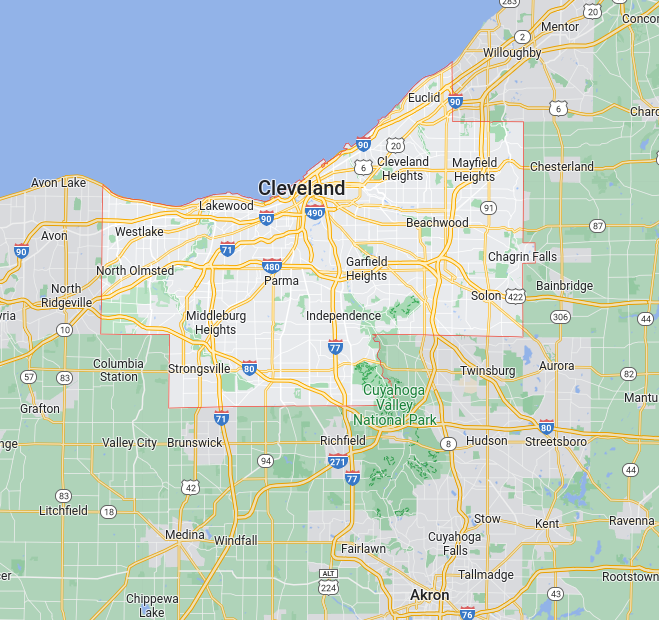
Cleveland was once the 5th largest city in the U.S. (in 1920), but it’s population has been declining since 1950. That trend continued in the 2010s when Cleveland and its Cuyahoga suburbs lost more than 15,000 people.
#7 Caddo Parish, LA
Louisiana uses the word “parish” in place of “county”, but the two words mean exactly the same thing.
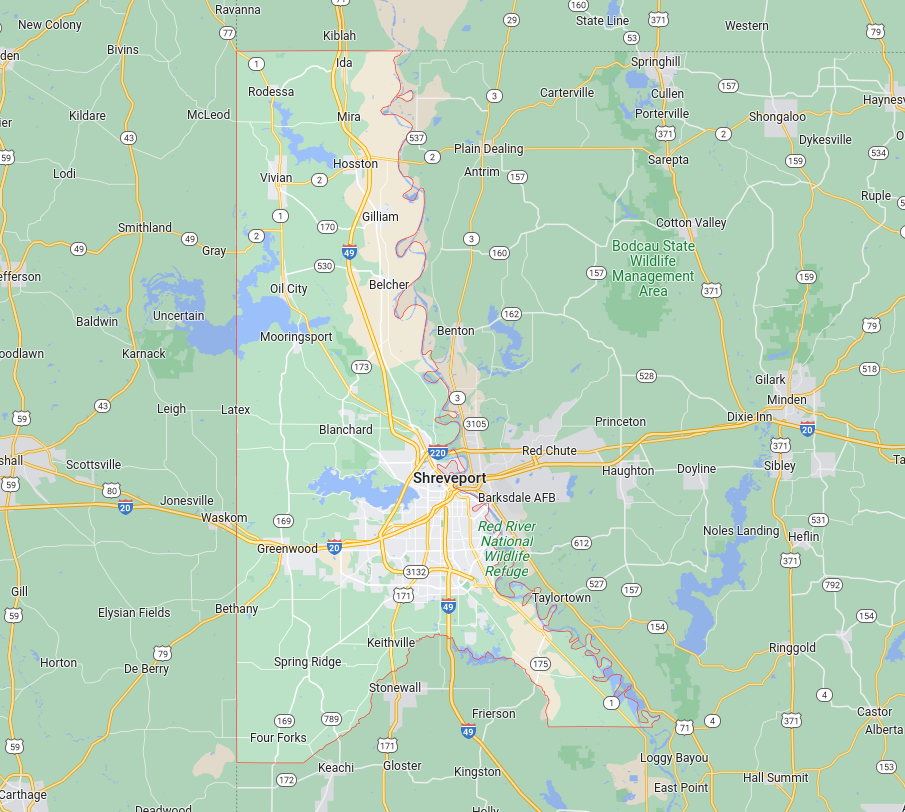
This Shreveport area county lost 17,121 people.
#6 Hinds County, MS
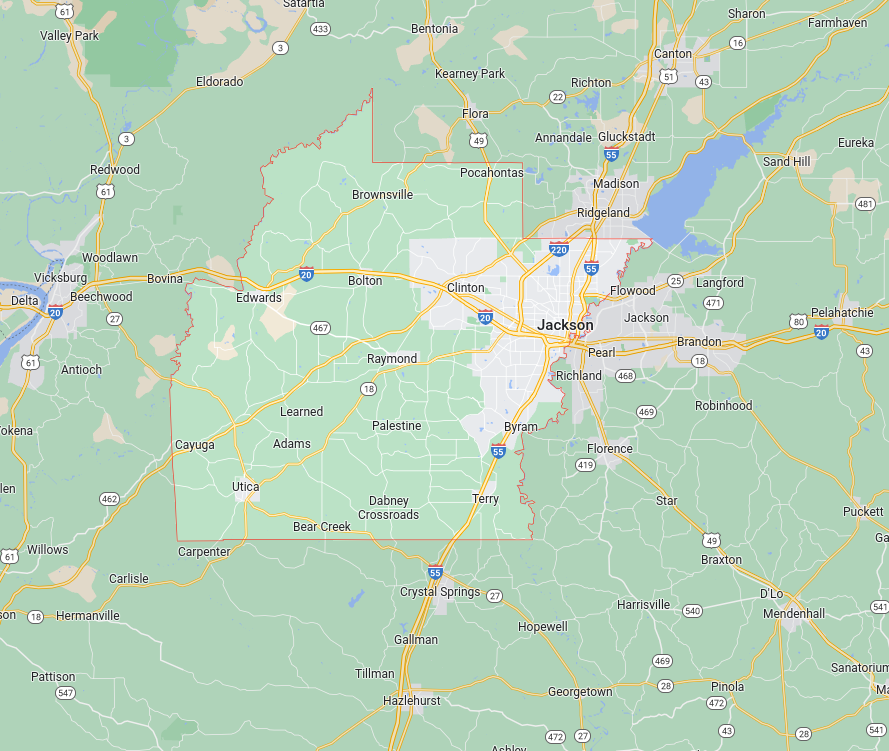
With an economy that historically depended on slave-operated cotton farms, it’s not surprising that Hinds County has struggled to reinvent itself. It lost 17,543 people.
#5 Robeson County, NC
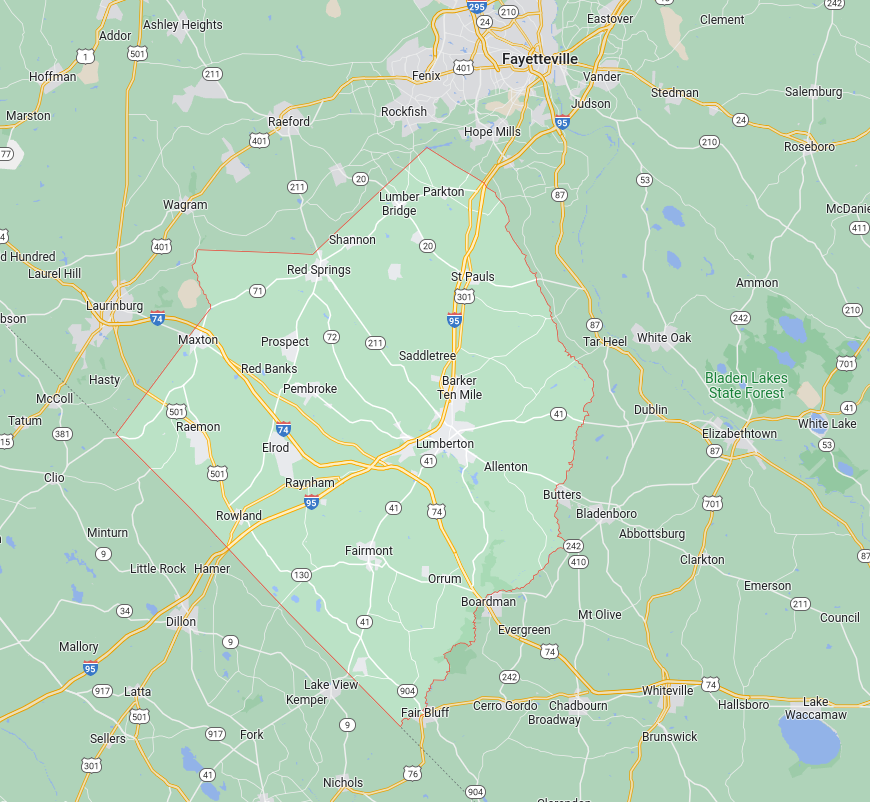
Just outside Fayetteville, this rural county lost 17,638 people.
#4 St. Louis, MO
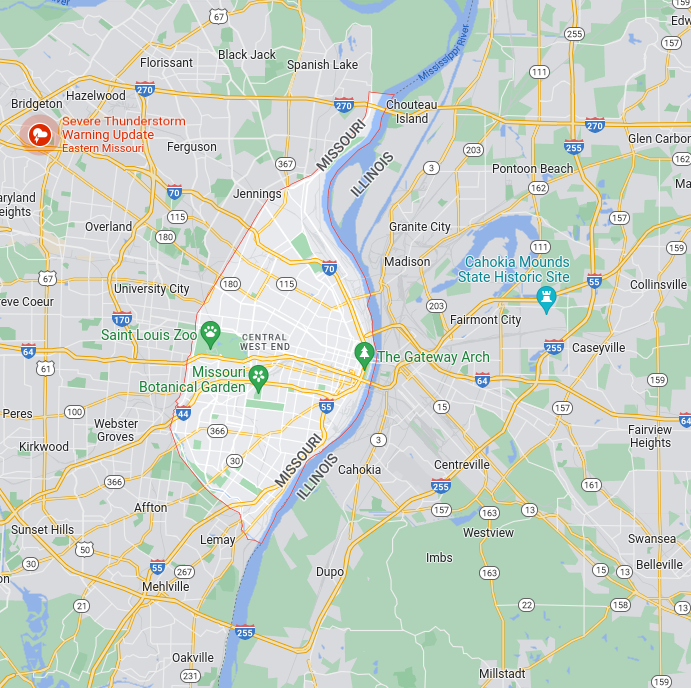
St. Louis is not just a city. It’s an independent city which means it is also its own county. It also happens to be a county that lost almost 18,000 people to different parts of this world and the next.
#3 Genesee County, MI
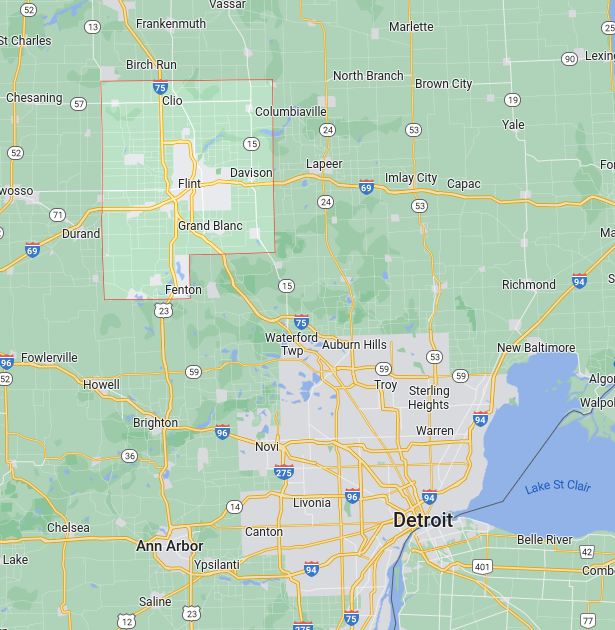
It has Flint, Michigan in it.
#2 Wayne County, MI
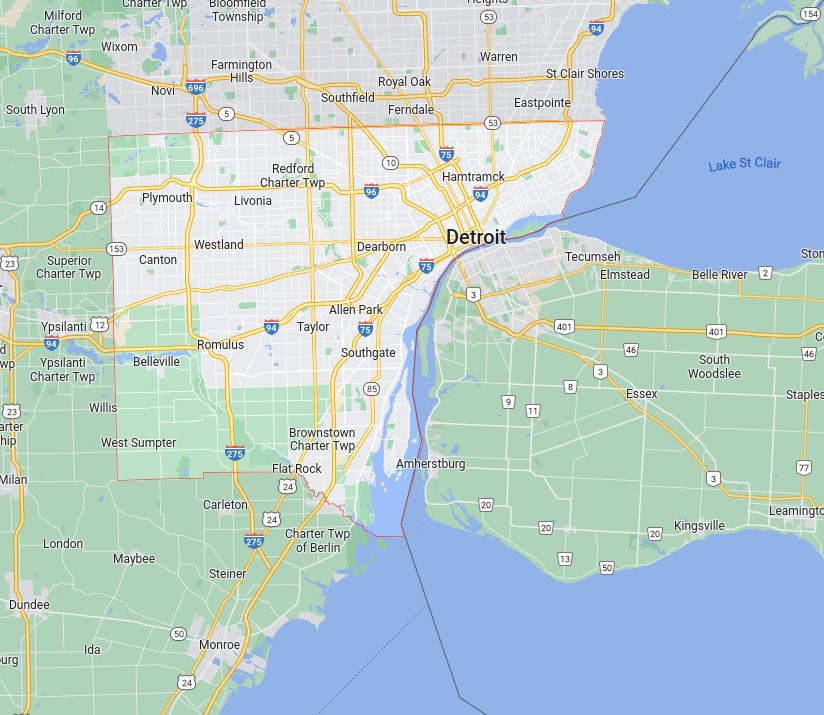
Detroit is a Great Lakes city that has been in decline ever since American manufacturing moved overseas. Wayne County lost over 27,000 people from 2010-2020.
#1 Baltimore, MD
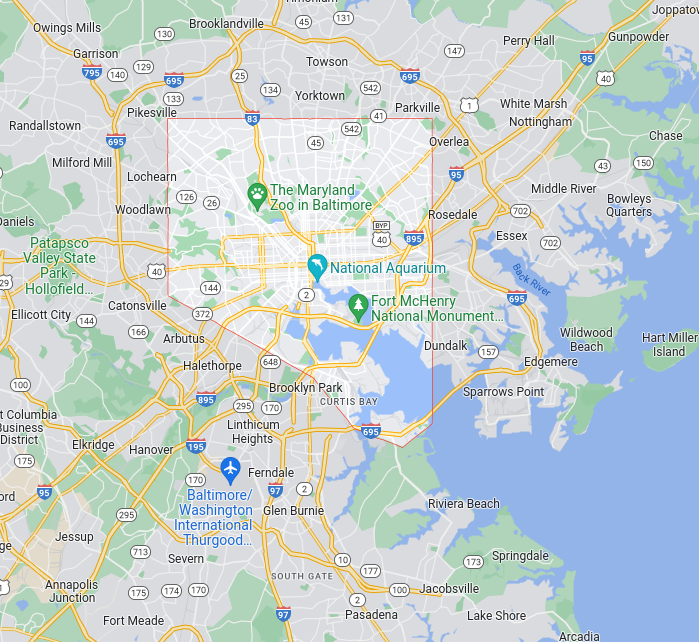
Baltimore is another independent city, and over 35,000 more people have fled the city than have moved in.
If you’re looking for your next (or first) real estate investment in an undervalued area that is supported by healthy demographics, email me through the form below. We consult with investors all the time to help them find investment properties that fit their criteria anywhere in the United States. We can even help you find and implement opportunity zone investments, local-government-subsidized real estate investments, and more.